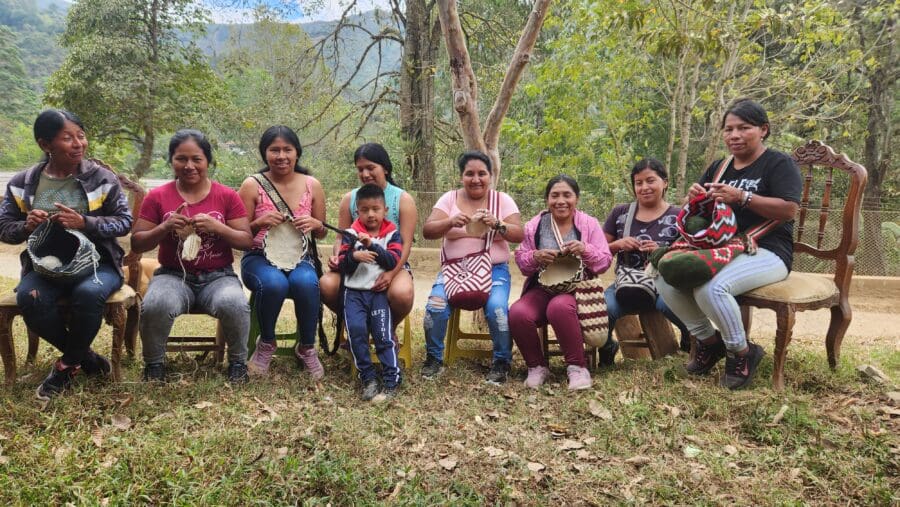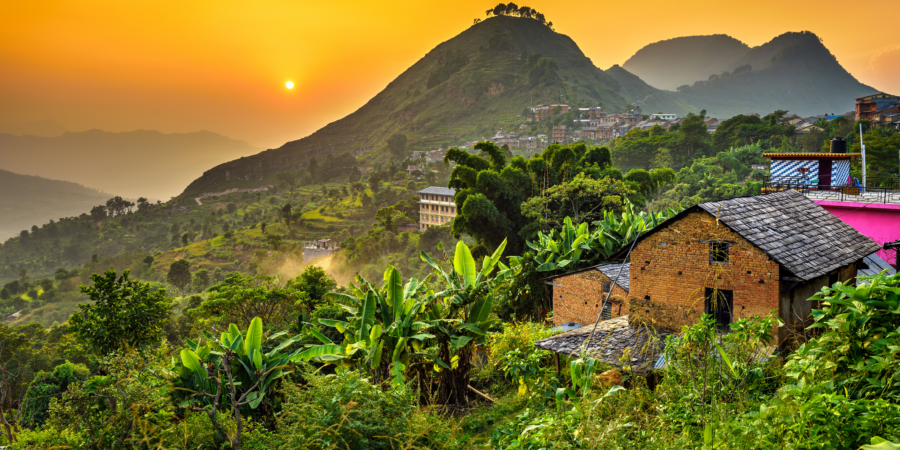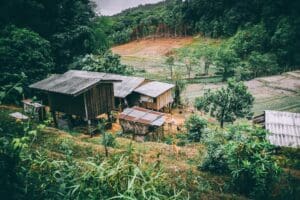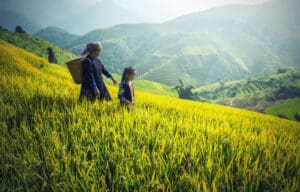A new RRI study shows how Indigenous women-led enterprises boost local economies and are important for territorial governance and climate resilience.
In Nawalpur district, 197 km southwest of Kathmandu, women from the Tharu and Kumal tribes in Madyavindu Municipality worked together throughout the 2021 monsoon season finding ways to adapt and support their communities while adhering to pandemic safety guidelines, demonstrating their inspiring resilience and socio-economic prowess.
The spread of COVID-19 has laid bare the structural inequity in India. Even with massive vaccination drives underway, the country's Adivasis, forest-dwelling communities, and other tribal communities living outside the reach of mainstream healthcare systems continue to be excluded.
RRI Partners and Collaborators launch initiative to help Nepal cope with devastating COVID-19 crisis.
Across the world, the outbreak of COVID-19 has created unprecedented challenges for RRI members and their communities. In many cases though, it has also led to opportunities for empowering local communities. This was the case for Social Entrepreneurs for Sustainable Development (SESDev), a Liberian non-profit that works on natural resource governance rights.
There is no political empowerment without economic empowerment. That was the principle behind a 2019 strategy by RRI’s Latin America coalition to analyze economic systems based on communities' own concepts of development within their collective tenure systems.






